
|
||||||||||||||||||
|
|
||||||||||||||||||
|
| ||||||||||||||||||
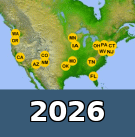  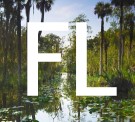
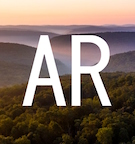
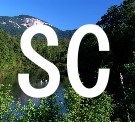
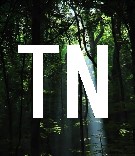
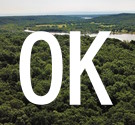
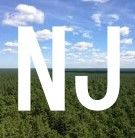
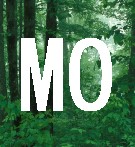
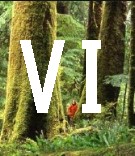
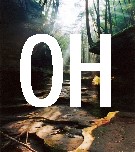
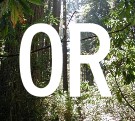

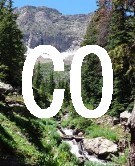  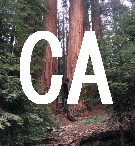
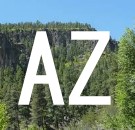
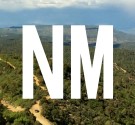
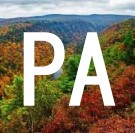

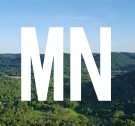



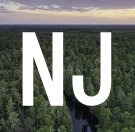
| ||||||||||||||||||
Where Help is Needed
In the Lab:
Graduate students needed for perform examinations on hair samples
At least a few times each month
people contact the BFRO to say they found hairs in the woods which they suspect might be bigfoot hairs, based on their appearance and the proximity to sighting locations. These are honest folks, typically. They often have a strong desire to identify the hairs, especially if they were found on their own property. Usually those people will send us some of the hairs from the clump so we can take a look. We photograph them under a microscope then email the photos around to various biology experts to see if any are willing to comment. It's a very informal process at present, because we do it for free.
People who find animal hairs on their land are often willing to pay for a reliable examination. Some even offer to pay for DNA analysis -- whatever it takes to positively identify the species. Private research labs in the U.S. and Canada will perform forensic examinations for clients. They often charge fees beginning in the thousands of dollars. That's discouraging to most people because they know a competent hair expert may only need to take a quick look identify the species.
What we would like to see:
We want people to be able to pay $50 - $100 to have hair examined by a grad student at an accredited colleges or university.
etc. The examination would not attempt to positively identify the species, but rather exclude various species (e.g. bear, dog, horse, etc.) and then say which species the hairs appear to be most similar to. That's the halfway point to identifying the species. Property owners would be happy pay about $50 - $100 to know which species the hairs do not come from.
An expert examination could be much quicker and totally free if there is a very good set of photos of the hairs, and the hairs are easily identifiable from the photos alone.
A very good set of photos would include well-lit macro shots from various angles, alongside a commonly available scale object such as coin or a soda can, etc., and some images of the hairs in place at the discovery site, from various angles, BEFORE the hairs are picked up or plucked from tree bark, etc. A good set of photos like that might allow the hairs to be identified by multiple scientists within a week or so.
If hairs need to be physically examined then we want the examiners to be graduate students, for a few reasons:
-
They usually have access to all the right equipment and reference hair samples.
- They could always use the $50 - $100 fee.
-
If the hairs are truly unidentifiable then we want them to be looked at by some professors at the same colleges/universities.
We want that level of feedback before recommending that expensive DNA analysis be performed on the hairs, which we might pay for ourselves.
It would be nice if there was a few grad students at different schools in the U.S. and Canada who are willing to do a species-exclusion examination for a relatively modest fee. A $50-$100 fee is relatively modest, compared to the fees at professional forensic labs. A fee in general justified and necessary. If there was no fee at all then too many people would flippantly send in hair samples for examination -- including hairs found in urban basements or inside school lockers -- hairs which could not possibly be bigfoot hairs.
The hair-finders who will pay a $50 - $100 fee for a qualifed academic examination are the grownups who really, really want to know.
If you are a graduate student
who is interested in doing this, please email us at Contact@BFRO.net
In the Office:
The BFRO is now open to endorsement agreements
At present a TV network is financing the production of a television series about the BFRO's investigations. Episodes are being produced in both the eastern states and western states. The series will begin airing in Fall of 2011 and will make the BFRO a household term by mid 2012.
The group has waited for this development before seeking endorsement/sponsorship agreements. Those sorts of agreements will be needed to cover the overhead costs of the organization as it expands its size, scope and influence, both in the U.S. and particular foreign countries.
We would be interested in discussing endorsement/sponsorship agreements with any respectable companies at this time. If you are interested in discussing this further, please send an email to Sponsor@BFRO.net